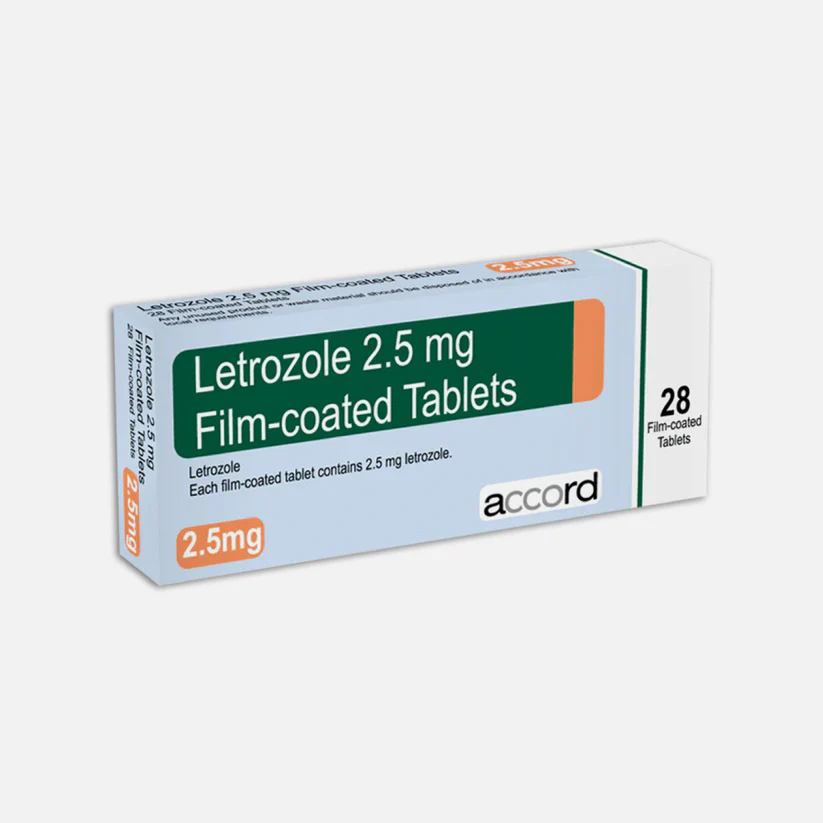Letrozole is a non-steroidal aromatase inhibitor that plays a crucial role in the management of hormone receptor-positive breast cancer, particularly in postmenopausal women. Approved by the FDA in 1997, Letrozole is widely used in both adjuvant and metastatic settings, making it a key player in modern oncology.
Mechanism of Action
Letrozole works by inhibiting the aromatase enzyme, which is responsible for converting androgens (such as testosterone) into estrogens in the body. By blocking this conversion, Letrozole effectively lowers estrogen levels, which can slow down or halt the growth of estrogen-dependent breast cancer cells. This mechanism is particularly beneficial for tumors that express estrogen receptors and rely on estrogen for growth and proliferation.
Indications
- Breast Cancer Treatment: Letrozole is primarily used for:
- Adjuvant Therapy: Following surgery and/or radiation therapy to reduce the risk of cancer recurrence.
- Metastatic Breast Cancer: For patients whose cancer has spread and is estrogen receptor-positive.
- Fertility Treatments: Letrozole is also employed off-label to induce ovulation in women with polycystic ovary syndrome (PCOS) or other ovulatory disorders, providing a less invasive alternative to traditional fertility drugs.
Benefits
- Effective Estrogen Reduction: Letrozole significantly lowers circulating estrogen levels, which can lead to improved outcomes in breast cancer treatment.
- Improved Survival Rates: Studies have shown that Letrozole can enhance disease-free survival and overall survival compared to other treatments, such as tamoxifen.
- Less Risk of Endometrial Cancer: Unlike some other hormonal therapies, Letrozole is associated with a lower risk of endometrial cancer, making it a safer option for many patients.
Dosage and Administration
Letrozole is typically administered orally in tablet form, with a standard dose of 2.5 mg taken once daily. Treatment duration may vary based on individual patient response and specific clinical guidelines, often continuing for five years in adjuvant settings.
Side Effects
While Letrozole is generally well-tolerated, it can cause side effects, including:
- Hot Flashes: Many patients report experiencing hot flashes similar to those seen in menopause.
- Joint Pain: Arthralgia and musculoskeletal pain are common complaints.
- Fatigue: Some individuals may experience general tiredness.
- Bone Density Loss: Long-term use can lead to decreased bone mineral density, increasing the risk of fractures.
Contraindications and Precautions
Letrozole is contraindicated in premenopausal women due to its mechanism of action, which relies on low estrogen levels. Additionally, it should be used with caution in patients with a history of osteoporosis or those taking medications that can affect bone density.
Conclusion
Letrozole is a vital medication in the management of hormone receptor-positive breast cancer, offering significant benefits in reducing estrogen levels and improving patient outcomes. Its role in fertility treatments also highlights its versatility in women’s health. As with any medication, careful monitoring and management of potential side effects are essential to ensure optimal results and patient well-being.







Reviews
There are no reviews yet